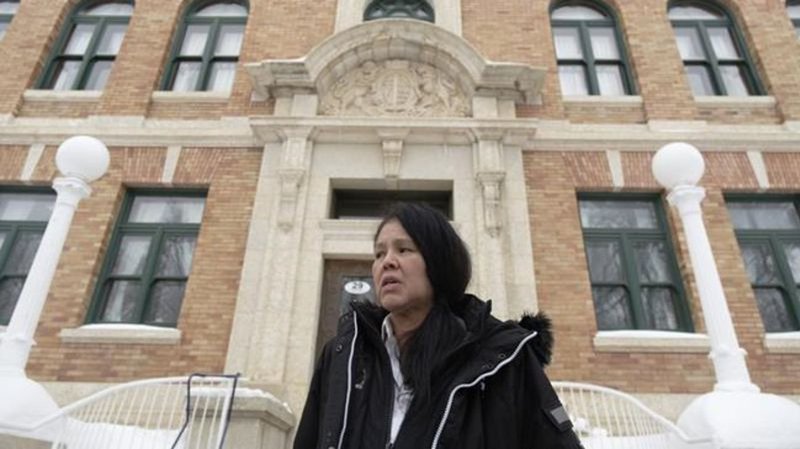
Bail hearing for sisters who claim wrongful conviction continues in Saskatchewan
YORKTON, Sask. — Lawyers for two women who have spent nearly 30 years in prison are to argue today why they should be released on bail while they await the results of a federal conviction review.
Odelia and Nerissa Quewezance were convicted of second-degree murder in the 1993 stabbing death of 70-year-old Anthony Dolff.
The federal Justice Department started a review last year, saying there may be a reasonable basis to conclude there was a miscarriage of justice.
Their lawyers laid out in Court of King’s Bench Tuesday in Yorkton, Sask., how the two women would be supported by family and community if they get bail.


